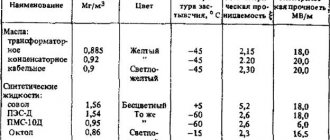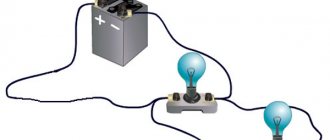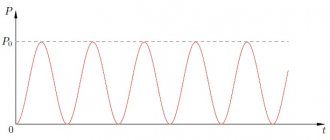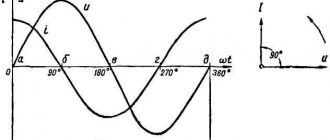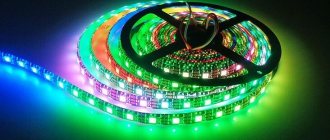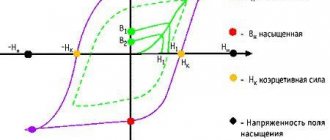Some persistent misconceptions about electricity
Hello. I propose to talk about electricity today. We all, one way or another, encounter it. There are many “myths” and misconceptions in this area of knowledge. I, as an electrical engineer and former physicist, will try to refute some of them.
First
. Water is a conductor of electric current.
Yes, yes, this is a misconception. Water molecules, by themselves, do not conduct electricity. Various impurities in water conduct current. Moreover, pure water, such as distilled water, is a good insulator. This property of water is often used in industries and factories.
The most common conductive impurity in water is salt. Salt is a good conductor. This is the danger for humans: in our body there is a salty liquid - blood. It is thanks to the salt in the blood and, in general, the body that the electrical impulse from the brain reaches the muscles and organs. If there were no salt in our body, we could neither think nor move. So, the most dangerous electric shock is a shock to the blood, or a current passing through the left side of the body: left leg-left arm. After all, then, passing through the blood, the current strikes the most important organ of our body, the heart.
Second
. Rubber and wood are good insulators.
Well, it’s true - wood itself, and rubber itself, do not conduct current. However, there is a catch: for example, wet wood conducts electricity. Also, a piece of wood can be dirty, and the current can flow through the dirt. A wooden stick, however, may not be a pure piece of wood, but a remnant or part of something, for example, some kind of building material, it may be covered with lamination of unknown composition, polyurethane foam, sealant, it may be stuffed with metallic nails, etc. .
Here you can remember the universal advice: if you see that a person is being shocked, you need to use a wooden stick to throw the person away from live parts. This tip assumes by default that the stick is non-conductive. Be careful - only a dry, clean piece of wood.
And one more thing about wood, a mistake many people make: a pencil. Yes, the wood in a pencil does not conduct current, but the core is graphite - how! Be careful.
Cleanliness is a temporary concept
We can see and purchase distilled water at some retail outlets and pharmacies. It is used in the production of certain types of products; it is needed in medicine, for example, for diluting powdered drugs used for injection; and in other branches of human activity.
But if we have purchased a certain volume of such purified water, it will not remain sterile for long. Accordingly, it will not always be a dielectric. Its solubility properties will come into play again, it will absorb gases from the air, particles of substances from the walls of vessels, etc.
Source
Physicists have uncovered the secret of why water conducts current
MOSCOW, December 2 – RIA Novosti. Scientists have tracked for the first time how one water molecule transfers protons to its “neighbor” and uncovered the secret of why water passes current while other substances similar to it do not, according to an article published in the journal Science.
“When a current passes through water, the oxygen atoms hardly have to move. This process can be compared to Newton's famous "cradle", a set of suspended balls lined up in a line. If you pick up one of them and hit a line with it, only the end balls will move, and the rest will stand still,” says Mark Johnson from Yale University (USA).
Distilled water, like many other substances consisting of two non-metallic elements, is an insulator that almost does not allow electric current to pass through. But if you add even a very small number of ions to water, its electrical conductivity increases sharply and it becomes a full-fledged conductor. Scientists have been arguing about why water conducts current for more than two centuries.
